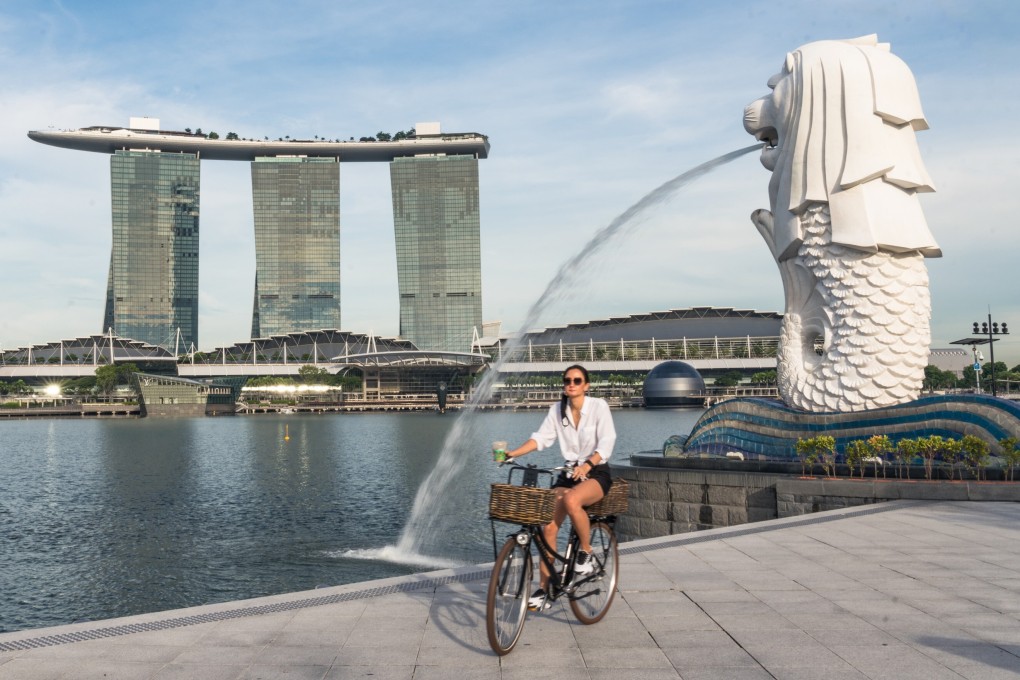Advertisement
Hong Kong’s national security law prompts renewed interest in Singapore property
- Some property and migration consultants are seeing a rise in inquiries about Singapore as turmoil grips Hong Kong
- Interested Hongkongers are attending webinars amid the coronavirus pandemic to learn more about living, working and investing in the city state
Reading Time:4 minutes
Why you can trust SCMP

Hong Kong resident Samantha has lived in the city for well over a decade, but with political turmoil gripping the city amid the coronavirus pandemic, the business owner has been increasingly concerned about her family’s future.
“There have been protests since last year, and we no longer have customers from overseas visiting Hong Kong [due to Covid-19],” said Samantha, who declined to reveal her last name or disclose the industry she works in, citing privacy concerns. “We do not see a stable future in Hong Kong any more.”
The 40-year-old entrepreneur, who is originally from Europe, says she is considering moving to Singapore after 16 years in Hong Kong. “The announcement is definitely part of the reason and pushed us even more,” said the mother of one, adding that rent and international school fees were cheaper in the city state.
Advertisement
Beijing on May 22 announced plans to impose a national security law in Hong Kong, sparking mass protests over the erosion of the city’s rule of law and “one country, two systems” policy, and prompting US Secretary of State Mike Pompeo to declare Hong Kong had lost its autonomy. The new law, endorsed on Thursday by the Chinese legislature, would prohibit acts of conspiring with foreign parties and allow mainland agencies to operate in Hong Kong as needed.

03:06
Hong Kong police fire pepper rounds at protesters opposing national anthem law
Hong Kong police fire pepper rounds at protesters opposing national anthem law
These developments have prompted renewed interest by Hong Kong residents seeking to relocate or invest in property in Singapore, some migration and property consultants say.
Advertisement
Advertisement
Select Voice
Choose your listening speed
Get through articles 2x faster
1.25x
250 WPM
Slow
Average
Fast
1.25x